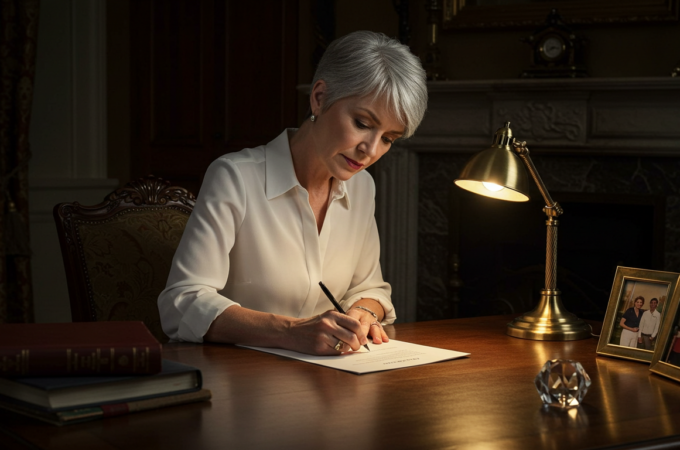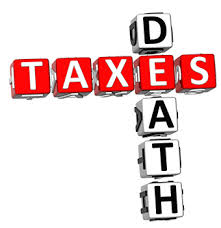By: Maddi Thomas, associate and Sukhman Sangha, articling student Gowling WLG (Canada) LLP Mental capacity continues to be a growing area of focus in estates law. Capacity, defined under the Substitute Decisions Act, 1992 (“SDA”) as the ability to understand and appreciate decision consequences, is assessed through medical and…
Today’s blog was written by Douglas Buchmayer, partner with the Ottawa office of Gowling WLG (Canada) LLP When deriving an estate plan, it can sometimes be difficult to balance the needs of one’s spouse or partner against the wish to benefit (and protect) the next generation. While perhaps less relevant…
Kira Domratchev, Partner, Gowling WLG (Canada) LLP Many of us are familiar with the concept of a Henson Trust, as it comes across our desks fairly frequently, both in the context of litigation and planning. A Henson Trust is a trust where the trustee is given an absolute and unfettered…
Kira Domratchev, Partner, Gowling WLG (Canada) LLP In my first blog since returning from parental leave, I decided to keep it simple and discuss the importance of obtaining a judgment on settling a matter outside of the court (particularly given the set of facts present in the following case…
Written by Kelsey Buchmayer, associate with the Ottawa office of Gowling WLG (Canada) LLP An insurer should not necessarily require a probated Will to release the proceeds of a life insurance policy. Section 203 of the Insurance Act[1] sets out that upon receipt of “sufficient evidence”, an insurance company should…
Anna Chen, associate Gowling WLG (Canada) LLP The importance of a fiduciary (whether a trustee, an attorney for property or an estate trustee) to keep proper books of account cannot be understated. This is an obligation required of the fiduciary to prove he or she administered the trust, property or…
Today’s blog was written by Kelsey Buchmayer, associate with the Ottawa office of Gowling WLG (Canada) LLP Including an inflation adjustment clause in a Will where the circumstances so warrant can help with achieving fairness. The fairness can be as simple as ensuring monetary values expressed in a Will are…
Maddi Thomas, associate, and Donya Ashnaei, articling student, Gowling WLG (Canada) LLP Background I wrote a blog post on Enns v the King, 2023 TCC 28, last year. This case was significant for estate planners, as the ruling extended the Canada Revenue Agency’s (“CRA”) reach under section 160 of the…
Gwenyth Stadig, Natasha Barrett, Upama Poudyal, Abdullah Khalid, Amber LeBlanc all of Gowling WLG (Canada) LLP Canadian donors can donate a variety of types of property to “qualified donees” which gift can be eligible for donation tax credits. Subsection 149.1(1) of the Income Tax Act (“ITA”) defines the term “qualified…
Today’s blog was written by Kelsey Buchmayer, associate with the Ottawa office of Gowling WLG (Canada) LLP Registered plans are an important factor to consider in an individual’s estate planning, whether it’s from a tax-planning perspective, bypassing probate and probate fees, or distributing assets in a specific manner. There are…









